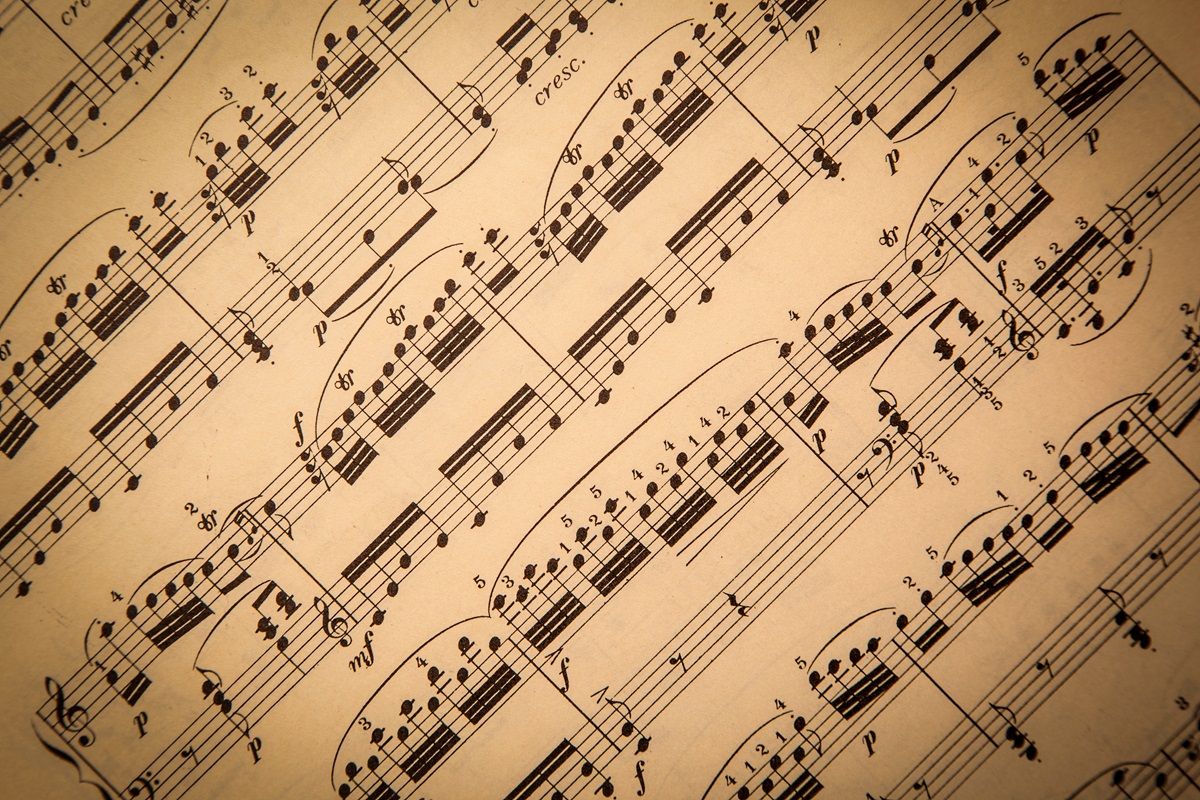Y: A BIT IMPATIENT] Well, folks, as soon as Don gets here we can begin the program.
D: [IN OBVIOUS PAIN] Hi, Yaël, sorry I'm late.
Y: [ALARMED] Are you OK?
D: I was carrying some stuff to my basement last night and sprained my ankle. It's still swollen.
Y: I have just the thing to help---a little Mozart, please...
[A FEW BARS OF MOZART: "EINE KLEINE NACHTMUSIK"; MOZART: DIVERTIMENTI, PHILIPS 422 630-2, DISC 2, TR. 1; WFIU LIBRARY]
D: Wait, wait, hold on! [MUSIC COMES TO AN ABRUPT STOP] What does Mozart have to do with my sprained ankle?
Y: Maybe it'll help. Studies have shown that music is therapeutic. It can help lower blood pressure and reduce pain in patients on the mend.
D: Any music, or just Mozart?
Y: Good question. Mozart was a sickly guy, always battling some illness or infection. So he may have unintentionally composed music that helped him relax and feel better.
D: That's interesting, but how can we know if it's true?
Y: Well, a Harvard surgeon named Claudius Conrad did a simple experiment. He gave earphones to ten patients recovering from surgery. Five listened to Mozart, and five heard nothing. The patients that listened to Mozart had lower blood pressure, less need for pain medication, and had a drop in stress hormones. They also had an increase in pituitary growth hormone, which could work as a sedative.
D: Interesting. But what if you hate Mozart? What if your favorite music is heavy metal? Would that still help you heal?
Y: That's the next step in the research---let's test the theory.
[HEAVY METAL MUSIC: VAN HALEN, BEST OF, VOL. 1; TR. 1, "ERUPTION"; WARNER 946332-2. GLENN HICKS' PERSONAL COLLECTION]
D: I'm feeling better already.










